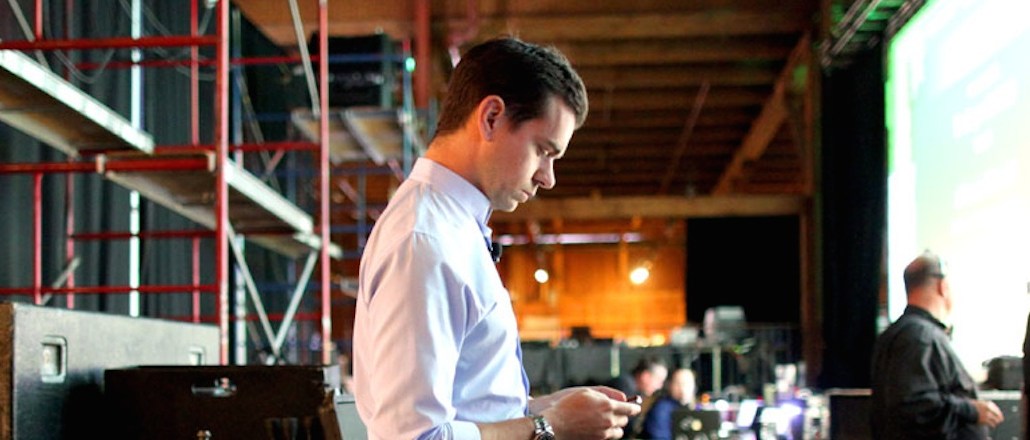Twitter appoints Jack Dorsey as permanent CEO, Dick Costolo resigns from board

It’s official: Jack Dorsey is Twitter’s new CEO.
Twitter’s board has decided to strip the ‘interim’ from his title, officially making him the chief executive of the platform effective immediately. Dorsey, who co-founded Twitter in 2006, will also remain as the CEO of e-commerce startup Square. The move comes nearly a week after Recode first reported the news.
“My focus is to build teams that move fast and learn faster,” Dorsey tweeted this morning. “In the past 3 months, we have increased our speed and urgency at both companies.”
He added:
Twitter is the most powerful communications tool of our time. It shows everything the world is saying rn…10-15 minutes before anything else.
— Jack (@jack) October 5, 2015
We’re working hard at Twitter to focus our roadmap on a few things we can make really great. And we’re strengthening our team along the way.
— Jack (@jack) October 5, 2015
Twitter has also elevated well-liked business head Adam Bain to COO. Since Dick Costolo stepped down in June, Bain’s name has been floating around as a potential replacement. However, he doesn’t seem burned by being passed over, tweeting that he’s “honored” to serve in his new role. Apparently advertisers are also thrilled with Dorsey’s appointment:
Our teams are energized by @jack and our advertisers & partners love interacting with him.
— adam bain (@adambain) October 5, 2015
Costolo announced that he’s resigning from the board. He called Dorsey a “calm and thoughtful leader” and blasted the months of rumors circulating about the company, tweeting:
3/ as I step off the board, two reminders: those banging pots and pans outside Twitter know the least about what’s going on inside Twitter — dick costolo (@dickc) October 5, 2015
Twitter’s stock is up 2 percent in pre-market trading.
Images via Flickr/TechCrunch.
More in Media

Podcast companies turn to live events to capture growing advertiser spend
The surge in the number of live podcast events in 2025 reflects a broader shift: advertisers are betting bigger on podcasts — not just as an audio channel but as a full-fledged creator economy play.

Media Briefing: ‘Cloudflare is locking the door’: Publishers celebrate victory against AI bot crawlers
After years of miserably watching their content get ransacked for free by millions of unidentified AI bot crawlers, publishers were finally thrown a viable lifeline.

How Vogue could navigate potential industry headwinds as Anna Wintour — who agency execs say made ad dollars flow — brings on new edit lead
Anna Wintour’s successor at Vogue will have to overcome the myriad of challenges facing fashion media and the digital publishing ecosystem.





